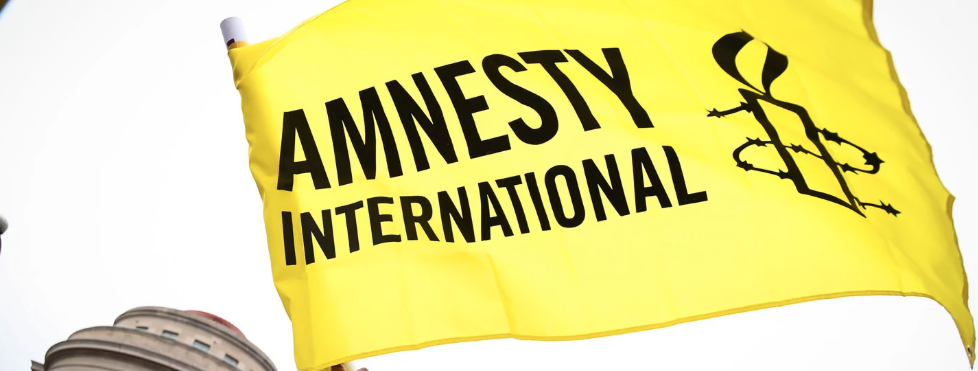As the Supreme Court of the United States prepares to hear arguments on November 12 in the case of Hernandez v. Mesa, which concerns the killing of fifteen-year-old Sergio Hernández, by Jesus Mesa, Jr., a U.S. Customs and Border Protection agent, Amnesty International USA, along with the Center for Constitutional Rights, Human Rights First, and the Rutherford Institute, submitted an amicus brief in support of the Hernández family.
Justin Mazzola, deputy director of research at Amnesty International USA said:
“This case concerns the very cornerstone of fundamental human rights: access to justice. No family should suffer the killing of a child and live with the pain of impunity, as Sergio’s family has been forced to do. The U.S. government fired bullets across the border, killing a child, but now takes the indefensible position that justice cannot land where those bullets did. Sergio’s family deserves to see a U.S. agent held accountable for this crime, and every CBP agent must heed the message that they can no longer be absolved for abuses along the Mexico-U.S. border. The U.S. government must finally be held to account for the lives its agents have taken at the border – regardless of which side of the line its victims happened to be standing on when they were killed.”
“Access to a remedy is not a privilege: it is a basic right that Sergio’s family has. U.S. efforts to block it shamefully prevent accountability, respect, and redress.”
The amicus brief argues that, under both international and U.S. law, the Hernández family should be compensated for Sergio’s death. Because the agent who fatally shot Sergio is a U.S. citizen whose unlawful act took place on U.S. soil, the court should conclude that the family can seek a constitutional remedy for the unlawful killing of their child. The brief states that Mesa committed an extrajudicial killing, in violation of treaty obligations to which both the U.S. and Mexico have agreed and which obligate the U.S. to provide remedy. Without a remedy in the U.S., the Hernández family will be left without any recourse for the killing of their son, at odds with the treaty obligations by which the U.S. is bound. The brief concludes that extraterritorial application of the U.S. Constitution in this case is not only possible, but necessary.
To schedule an interview with Justin Mazzola prior or following the hearing, contact Lucy Scholey, Media Relations, Amnesty International Canada (English branch), 613-853-2142, lscholey@amnesty.ca






















